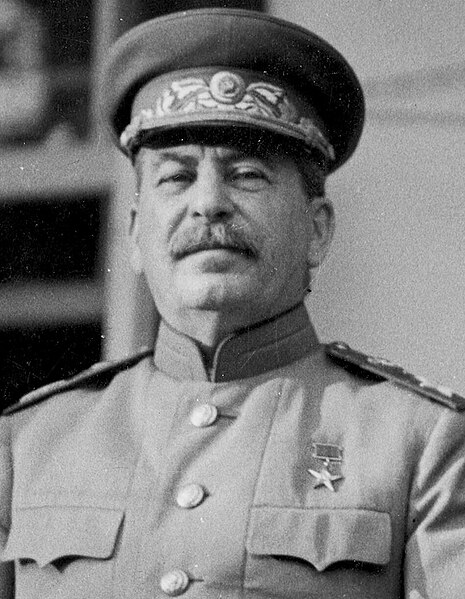Ernst Nolte was a German historian and philosopher. Nolte's major interest was the comparative studies of fascism and communism. Originally trained in philosophy, he was professor emeritus of modern history at the Free University of Berlin, where he taught from 1973 until his 1991 retirement. He was previously a professor at the University of Marburg from 1965 to 1973. He was best known for his seminal work Fascism in Its Epoch, which received widespread acclaim when it was published in 1963. Nolte was a prominent conservative academic from the early 1960s and was involved in many controversies related to the interpretation of the history of fascism and communism, including the Historikerstreit in the late 1980s. In later years, Nolte focused on Islamism and "Islamic fascism".
Ernst Nolte
The flight of Yuri Gagarin around the earth in 1961 was used by Nolte in his 1963 book Der Faschismus in seiner Epoche as an example of “transcendence”
Nolte called the Auschwitz death camp and the other German death camps of World War II a "copy" of the Soviet Gulag camps.
The ruins of Hamburg after the 1943 firebombing. Nolte called British “area bombing” of Germany a policy of “genocide”
Comparison of Nazism and Stalinism
Some historians and other authors have carried out comparisons of Nazism and Stalinism. They have considered the similarities and differences between the two ideologies and political systems, the relationship between the two regimes, and why both came to prominence simultaneously. During the 20th century, the comparison of Nazism and Stalinism was made on totalitarianism, ideology, and personality cult. Both regimes were seen in contrast to the liberal democratic Western world, emphasising the similarities between the two.
Adolf Hitler
Joseph Stalin
Hannah Arendt in 1933
Zbigniew Brzezinski








